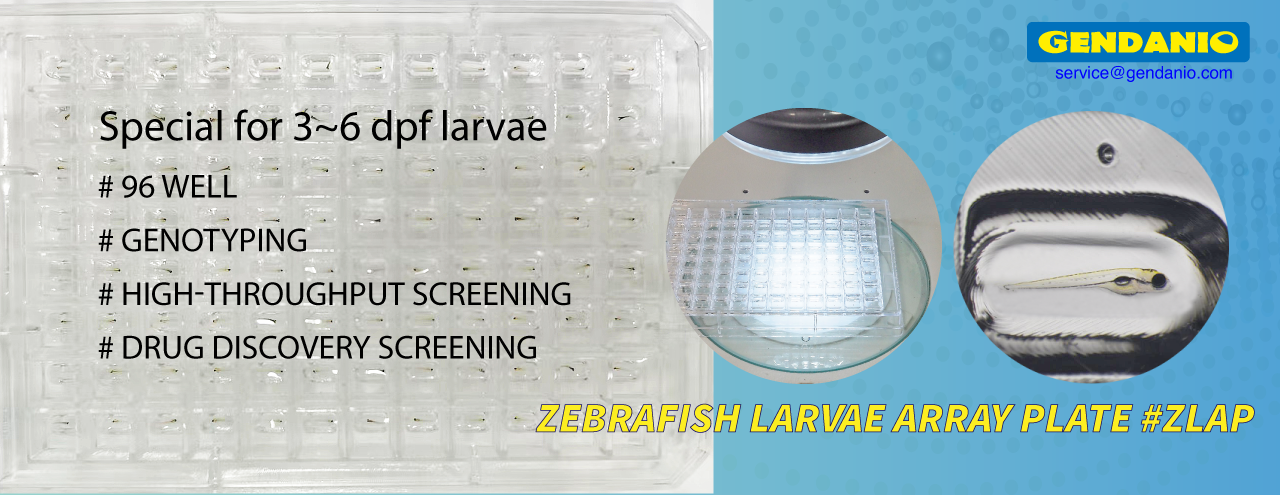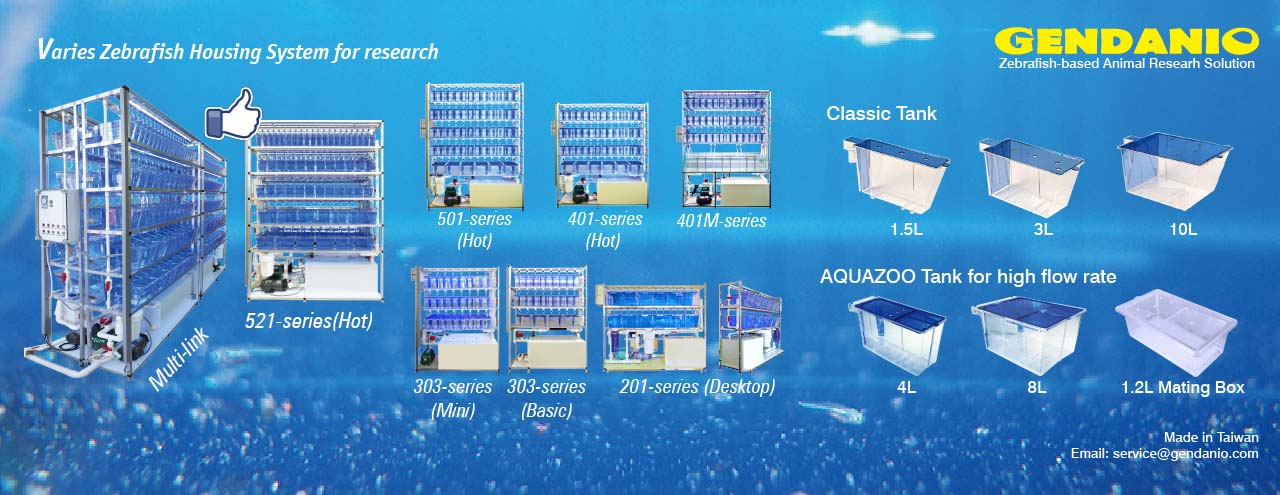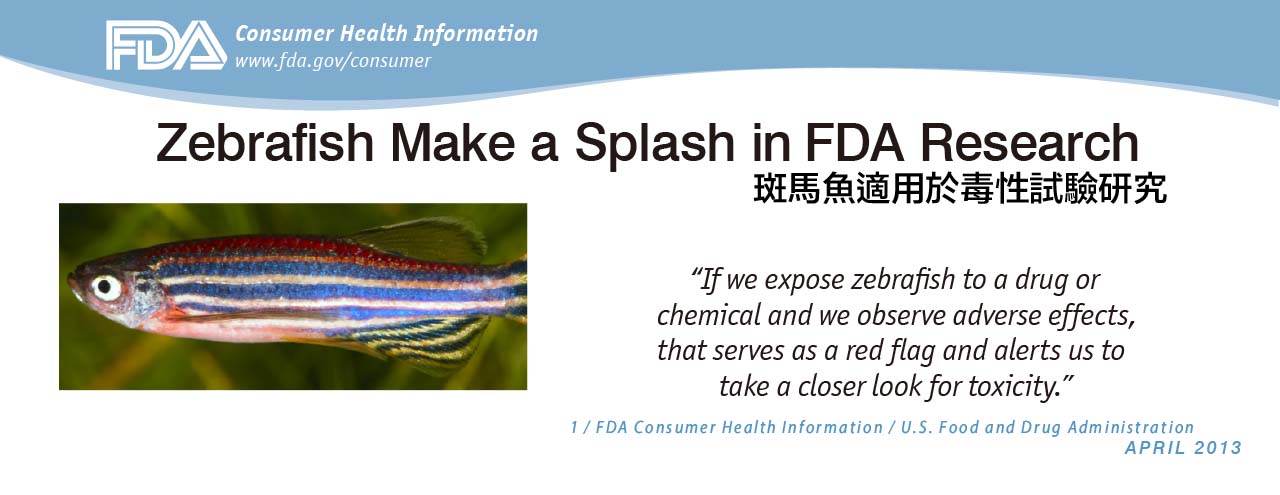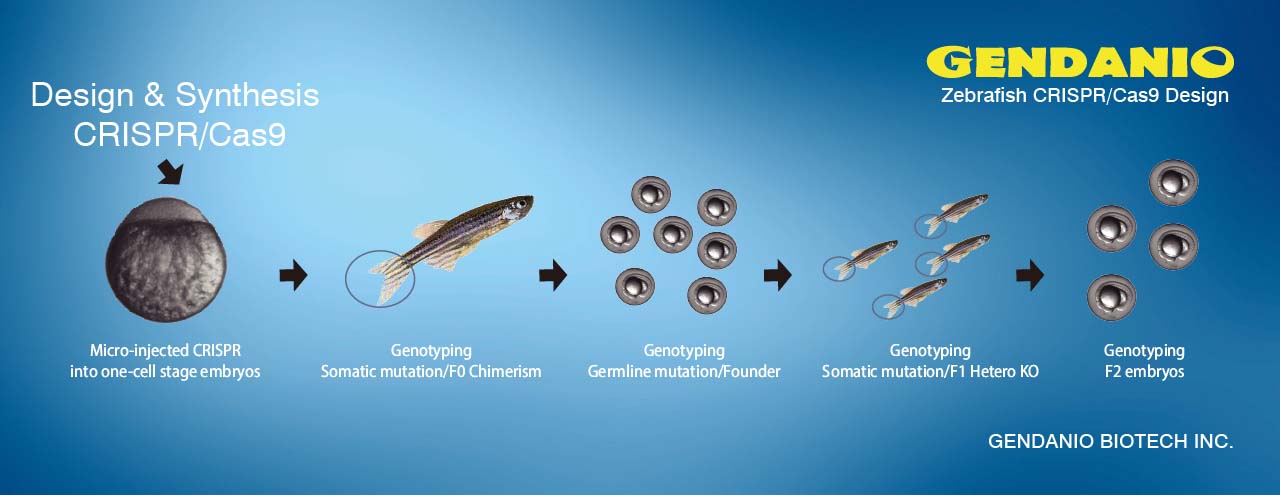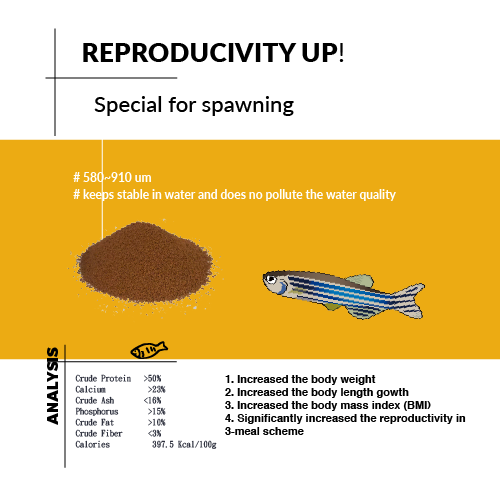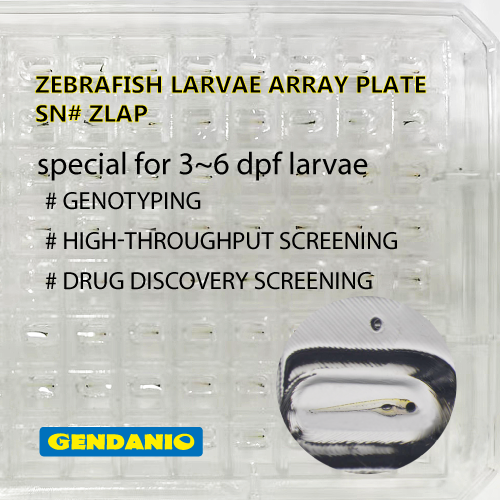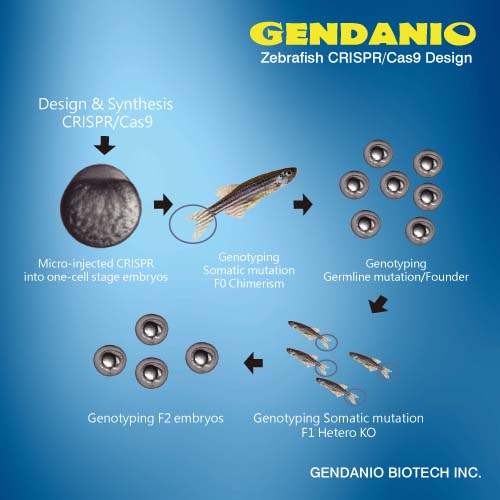Source
Groupe de Recherche en Recyclage Biologique et Aquiculture, Département des Sciences Animales, Université Laval , Québec, Canada .
Abstract
Abstract A study was conducted to preliminarily assess the contribution of the intestinal microflora to biotin supply in zebrafish. Biotin and avidin were added to three isonitrogenous and isocaloric purified diets to provide molar avidin: biotin ratios of 0:0 (basal diet), 0:1 (biotin-supplemented diet), and 120:0. Another diet was made by supplementing the antibiotic succinylsulfathiazole (1%, wt/wt) to the basal diet. A fifth diet was the Zeigler commercial diet for zebrafish. Each diet was fed to a triplicate group of fish (mean initial mass 0.266 g) for 8 weeks. The condition factor, feed conversion ratio (FCR), percentage weight gain, and survival were similar in fish groups fed the commercial and the biotin-supplemented diets, but energy conversion efficiency and whole-body biotin content were highest in the fish fed the commercial diet (p<0.05). Reduced growth and survival, and increased FCR were noted in fish fed basal diet compared with those fed biotin-supplemented diet. The supplementation of avidin in diet led to lower survival and condition factor, and higher FCR than that observed with basal diet. Intestinal microbial synthesis is assumed to be a significant source of biotin to the zebrafish, as fish fed the antibiotic-supplemented diet showed the lowest growth, health condition, and feed utilization.
- PMID:
- 21988570
- [PubMed - as supplied by publisher]
Source: NCBI


